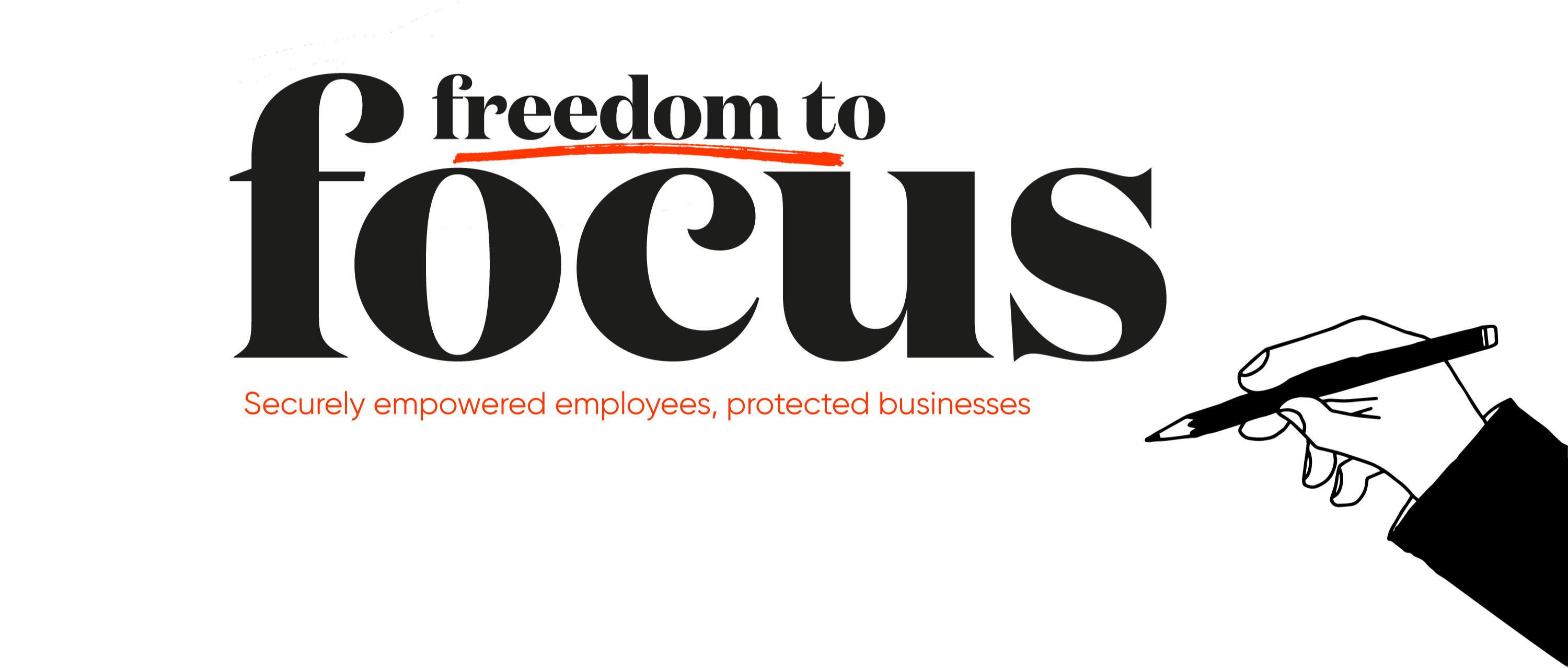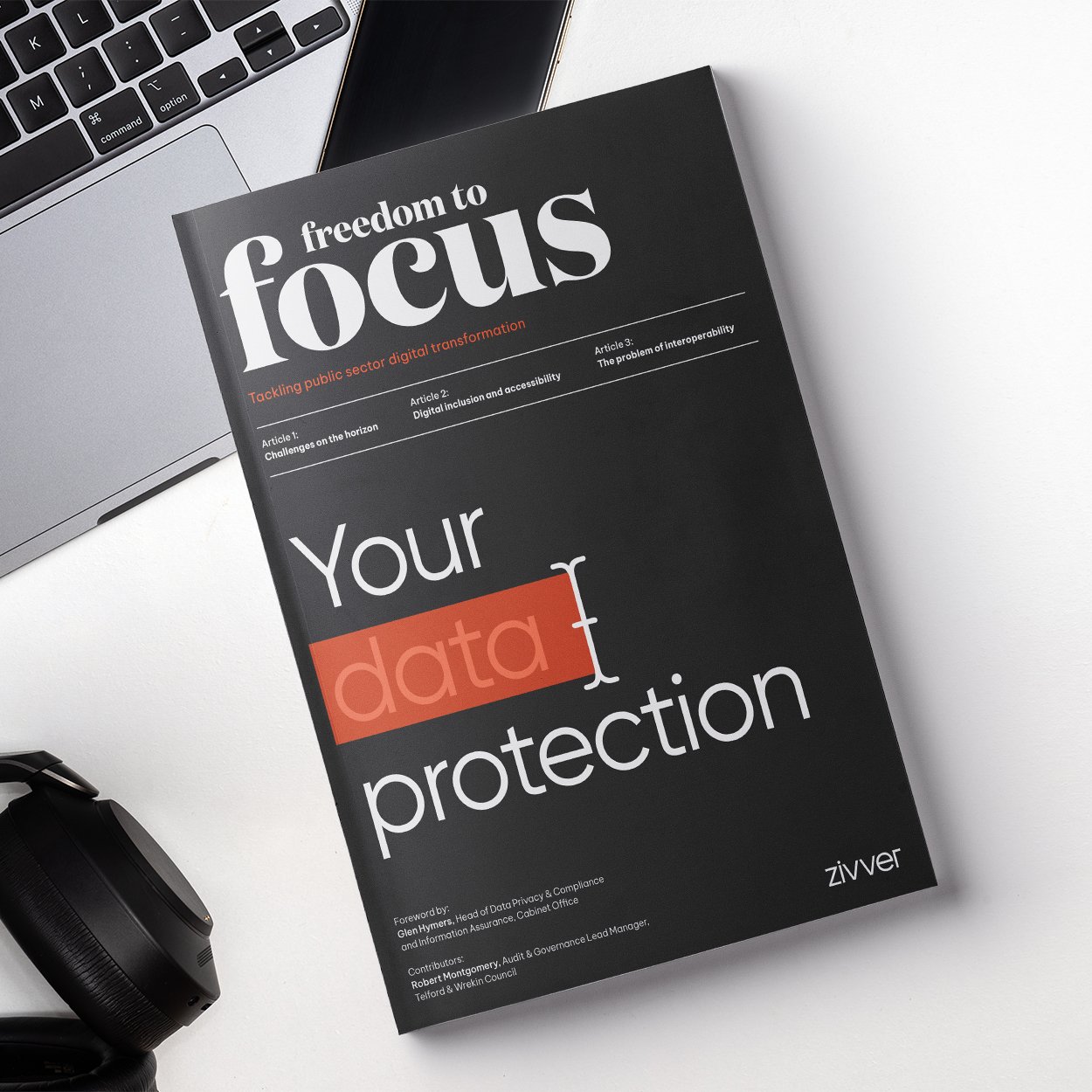With insights from employees, IT decision makers, and data security leaders in local and central government, our latest research investigates the digital transformation challenges facing public sector organisations today.
Sponsored by Oscar Krane

With insights from employees, IT decision makers, and data security leaders in local and central government, our latest research investigates the digital transformation challenges facing public sector organisations today.
Sponsored by Oscar Krane
IT leaders must leverage smart technology designed to integrate with existing digital workspaces (including M365) to empower employees to communicate securely, compliantly and confidently.
Through seamless integration with their existing email clients, employees can work within their familiar email workspace, with the added benefit of advanced encryption to protect emails before, during, and after sending.
This technology allows users to effortlessly send secure emails to recipients using public sector DCB1596 accredited domains (gov.uk, NHSmail, police.pnn etc). These trusted domains receive emails sent securely directly to their inboxes like a ‘normal’ email.
For residents and stakeholders without government domains, the sender can set multi-factor authentication to secure emails, (often a code sent via SMS or pre-agreed password) ensuring emails containing sensitive information are accessed only by the appropriate recipient. This does not require the recipient to create accounts or navigate clunky workflows - the process is user-friendly and convenient.
This means that from the moment the email is created, to when the email is accessed by the recipient, the email is encrypted, with right sized security depending on the recipient and content, and with the keys held in a smart and secure way, only by the sender and intended receiver.
Platforms which require recipients to create accounts and navigate clunky workflows to access communications deliver a poor user-experience, and hinder proactive, effective engagement with residents, government agencies, hospitals, police etc. Email is a reliable and user-friendly platform and, when enhanced with an extra layer of encryption, enables public sector organisations to engage effortlessly and compliantly with all stakeholders.
Microsoft and Outlook make recalling emails difficult - functionality which is absolutely integral today for ensuring compliance and protecting employees and their organisations from the leading causes of data leaks.
Enhancing email clients with the functionality to enable email recall allows employees to control access to their email after sending, without time limits. Users can share sensitive data by email quickly and easily, safe in the knowledge that, in the instance that something goes wrong (and naturally, on occasion, it will) they can revoke access to their emails and avoid a potential data incident.
For fulfilling subject access requests or sharing multiple files and media types, the ability to send large attachments is key for public sector employees across all departments.
Yet this most simple task is often one of the most frustrating. Outlook, Gmail and M365 limit file sizes to just 25MB, forcing employees to switch to third party file transfer sites, often over-complicating processes for both the sender and their recipient.
Keeping file transfer within the native email client supports compliance, streamlines workflows for employees, and ensures accessibility for recipients both inside and outside of the organisation.
From a data protection standpoint, maintaining an overview of communication performance is key for meeting compliance, particularly with the GDPR.
Automated data logging and certifiable Proof of Delivery tools enable data protection professionals to view the status of every email sent and received within their organisation and beyond, ensuring organisations are prepared in the instance of a data loss event.
“On occasion, it is useful to be able to evidence that an email has been received and opened. For example, if a dispute with a resident ends up in court, we have a complete audit trail evidencing when emails were sent, received and opened.” South Kesteven District Council
Sending emails to the wrong person, misuse of Bcc/cc, accidentally sending sensitive data in the body or attachments of emails - these are the most common causes of data loss incidents today. The more data employees handle, the more frequently these mistakes happen.
Empowering employees with smart technology to prevent these errors means people can get on with their days without fear of causing a major data leak. Machine learning technology, embedded within their email client, has the potential to alert users to mistakes before they happen, so they can take action to review and correct errors, apply encryption, and ultimately take control of their sensitive communications.
By enhancing our most accessible and universal platform with digital security features fit for the digital world, we can meet the needs of both employees and communities, protecting people and their data, without compromising workflows.

"It is crucial that the public sector takes a proactive approach to data protection and privacy. This means implementing strong technical and organisational measures, (...) the technology we use is fit for purpose and configured correctly, and that we train staff on data protection and privacy best practices."

“Email is older than CDs, punk rock, or VCRs. But it’s not unassailable. Martin Veitch makes a case for how email can prosper for another 50 years with enhanced security.”
By Robert Montgomery, Audit & Governance Lead Manager, Telford & Wrekin Council

Read the latest insights, trends and expert views on digital transformation and data protection in the public sector.
